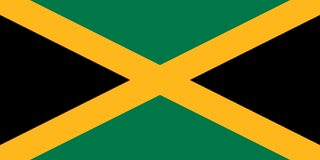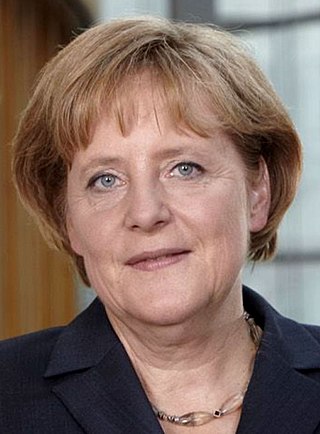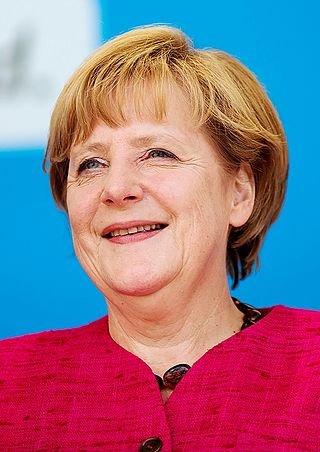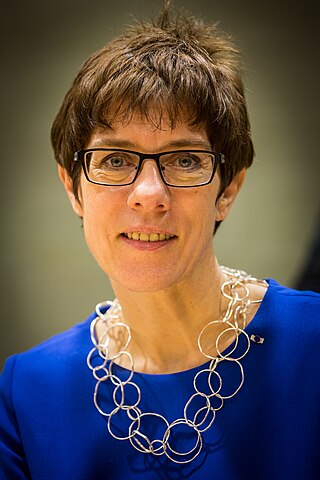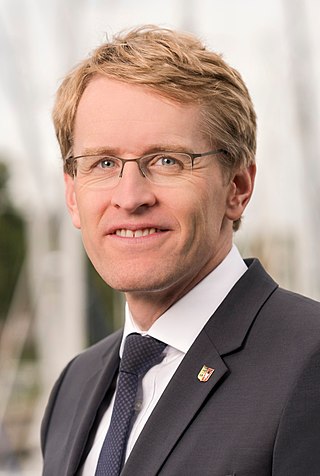Federal Republic (1949–)

Federal level
In the post-war politics of Germany, four grand coalitions (Große Koalitionen) have been formed at the federal level through the Bundestag. [5]
Election Results
| Election | Seats won | Change | Total votes | Share of votes | Swing | Status in legislature |
|---|---|---|---|---|---|---|
| 1949 | 270 / 402 (67%) | new | 14,294,059 | 60.23% | new | Majority |
| 1953 | 394 / 487 (81%) | 20,388,924 | 74.01% | Majority | ||
| 1957 | 439 / 497 (88%) | 24,503,970 | 81.94% | Majority | ||
| 1961 | 432 / 499 (87%) | 25,725,727 | 81.53% | Majority | ||
| 1965 | 447 / 496 (90%) | 28,337,254 | 86.87% | Majority Government (1966-1969) | ||
| 1969 | 466 / 496 (94%) | 29,260,903 | 88.76% | Majority | ||
| 1972 | 455 / 496 (92%) | 33,981,189 | 90.71% | Majority | ||
| 1976 | 457 / 496 (92%) | 34,493,820 | 91.20% | Majority | ||
| 1980 | 444 / 497 (89%) | 33,158,336 | 87.40% | Majority | ||
| 1983 | 437 / 498 (88%) | 33,864,352 | 86.96% | Majority | ||
| 1987 | 409 / 497 (82%) | 30,787,335 | 81.30% | Majority | ||
| 1990 | 558 / 662 (84%) | 35,903,462 | 77.28% | Majority | ||
| 1994 | 546 / 672 (81%) | 36,657,510 | 77.83% | Majority | ||
| 1998 | 543 / 669 (81%) | 37,510,657 | 76.07% | Majority | ||
| 2002 | 499 / 603 (83%) | 36,971,309 | 77.03% | Majority | ||
| 2005 | 448 / 614 (73%) | 32,825,714 | 69.42% | Government | ||
| 2009 | 385 / 622 (62%) | 24,649,003 | 56.83% | Majority | ||
| 2013 | 504 / 631 (80%) | 29,417,661 | 67.28% | Government | ||
| 2017 | 399 / 709 (56%) | 24,856,725 | 53.44% | Government | ||
| 2021 | 403 / 735 (55%) | 23,079,302 | 49.85% | Majority | ||
| 2025 | 0 / 630 (0%) | TBD | TBD | TBD | TBD | TBD |
Kiesinger cabinet (1966–1969)
On 1 December 1966, the government was formed by the Social Democratic Party of Germany and the Christian Democratic Union of Germany, the two major political parties in the Federal Republic of Germany. It was the result of arguments about tax increases between the CDU/CSU–FDP coalition of the time. The FDP ministers stood down and a new government was formed with the SPD under Kurt Georg Kiesinger of the CDU. The grand coalition was in control of 90% of the Bundestag (468 of 518 seats), leaving some politically active students disillusioned; this disillusionment led to the formation of the Außerparlamentarische Opposition which formed a core of the German student movement. The Kiesinger grand coalition lasted until 1969. [6] [7]
Merkel cabinets (2005–2009, 2013–2021)
After the inconclusive result of the 2005 German federal election, neither of the traditional coalitions could form a majority government. A larger centre-left coalition was possible, comprising the SPD, Greens, and the Party of Democratic Socialism (PDS); but the SPD desired to exclude the PDS, the successor party to East Germany's ruling Socialist Unity Party, from government (i.e. a cordon sanitaire ). Consequently, the leaders of the SPD and the CDU/CSU agreed to form a grand coalition, with CDU leader Angela Merkel as chancellor and an equal number of cabinet seats for each party. The chancellor was elected on 22 November, and the 1st Merkel Cabinet took office. [8] The grand coalition lasted until the 2009 federal election, when a coalition was agreed between the CDU/CSU and the FDP. [9]
Following the 2013 election, a third grand coalition was formed by the CDU/CSU and the SPD. [5] Again it would have been numerically possible to form a center-left government with the SPD, Greens, and The Left (the successor party to the PDS), but a grand coalition was formed instead. The term GroKo (shortening for Große Koalition) was named 2013 word of the year in Germany. [10] After the 2017 election, the CDU/CSU initially entered talks with the FDP and Greens (a Jamaica coalition); [11] however, negotiations failed, and the CDU/CSU and SPD ultimately agreed to a fourth grand coalition. [12]
State level
Historically grand coalitions have been quite frequent at state level. Currently, only two of the sixteen states have never been governed by a grand coalition: Hamburg and North Rhine-Westphalia.
As of July 2024, two states are currently governed by a grand coalition:
- Berlin, the Wegner senate (since 27 April 2023) supported by the SPD and CDU
- Hesse, the second Rhein cabinet (since 18 January 2024) also supported by the SPD and CDU
In Saxony-Anhalt, the Haseloff cabinet (in office since September 2021) is supported by CDU, SPD and FDP, the first "Germany coalition" in the country since December 1959, after the fifth Kaisen senate in Bremen was dissolved. [13]




